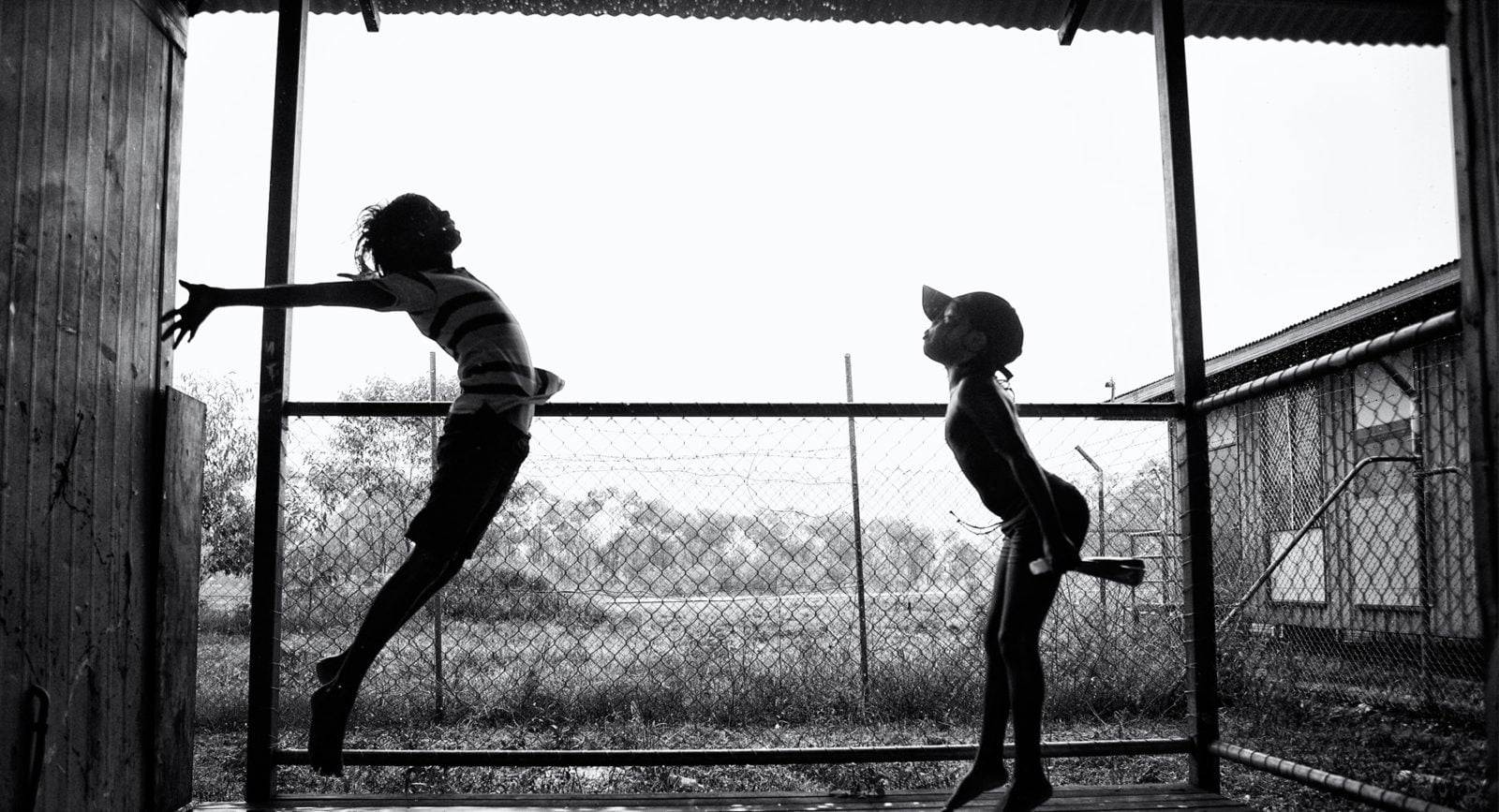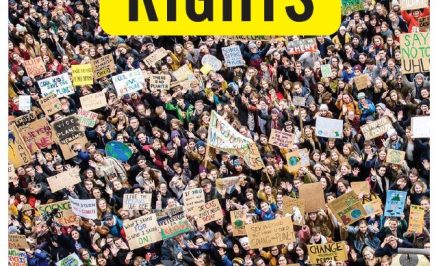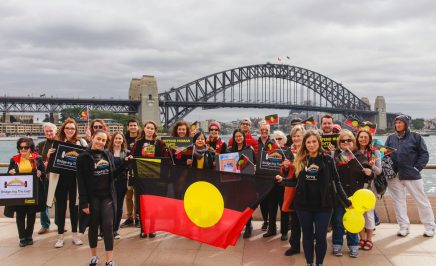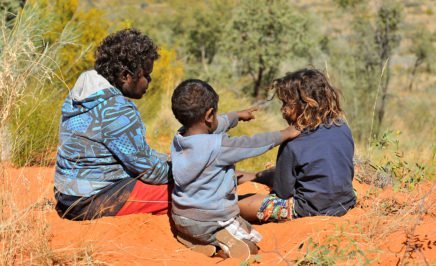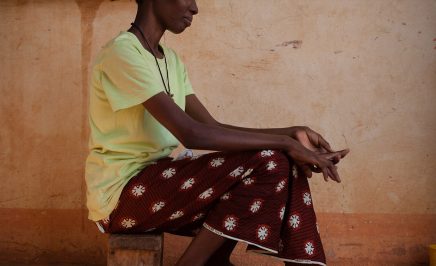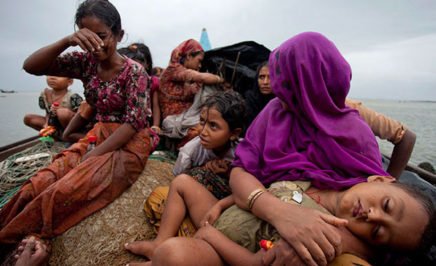Dr Glenda Kickett is a Noongar woman in Perth who has a background in developing social work practices and policies that support Aboriginal people. Here she discusses Indigenous children and young people in detention, and the importance of maintaining a strong culture.
The high rates of Indigenous young people in detention is a serious issue in Western Australia, how do we make change?

To keep young Indigenous people out of detention centres, we need more support for families – a holistic service to the families.
If a young person gets into trouble, there must be early-intervention programs they can be referred to that support them, before they actually end up in a detention centre. A lot of children end up in detention centres for little or no reasons, and that’s where the issue is.
Empowering Aboriginal organisations that help families is really important; I think the work has to come from those organisations working with our families from a cultural base.
Can you explain why culture is the key?
Well I believe, from my view as a Noongar person, and also from the work that I’ve done with Aboriginal kids in care, that culture is the base. It’s the glue that ties everything together.
“If you don’t have a strong sense of your culture – where you’re from, who your family is – you don’t have anything.”
Dr Glenda Kickett
You don’t have anything to build yourself on: your confidence, your self-esteem, your identity.
And when you don’t have that, you can lose your way. Not only in the system, but with your own personal and professional development.
The Power of Five – International Women’s Day 2016 video featuring Dr Glenda Kickett.
What do you see as an Amnesty supporters’ role in this issue?
It’s really important to get the message out there − to make it more visual and getting Aboriginal people to talk about the issues and the solutions. The message needs to get out that we can have a voice, and I think Amnesty supporting that is great.
I think we have the solutions here, in our own communities, our own people, our own families. And I really do believe that the work has to be done from that ground level, instead of top-down from government. I think that’s where the change is going to come.
What advice do you have for young people in Australia?
I would say to Australian young people − both Indigenous and non-Indigenous − to not be ashamed to have goals; to not be ashamed to have dreams.
I think it’s really important for them to get the message that they are important, just like anyone else. They can achieve their goals − just set them and work towards achieving them.
